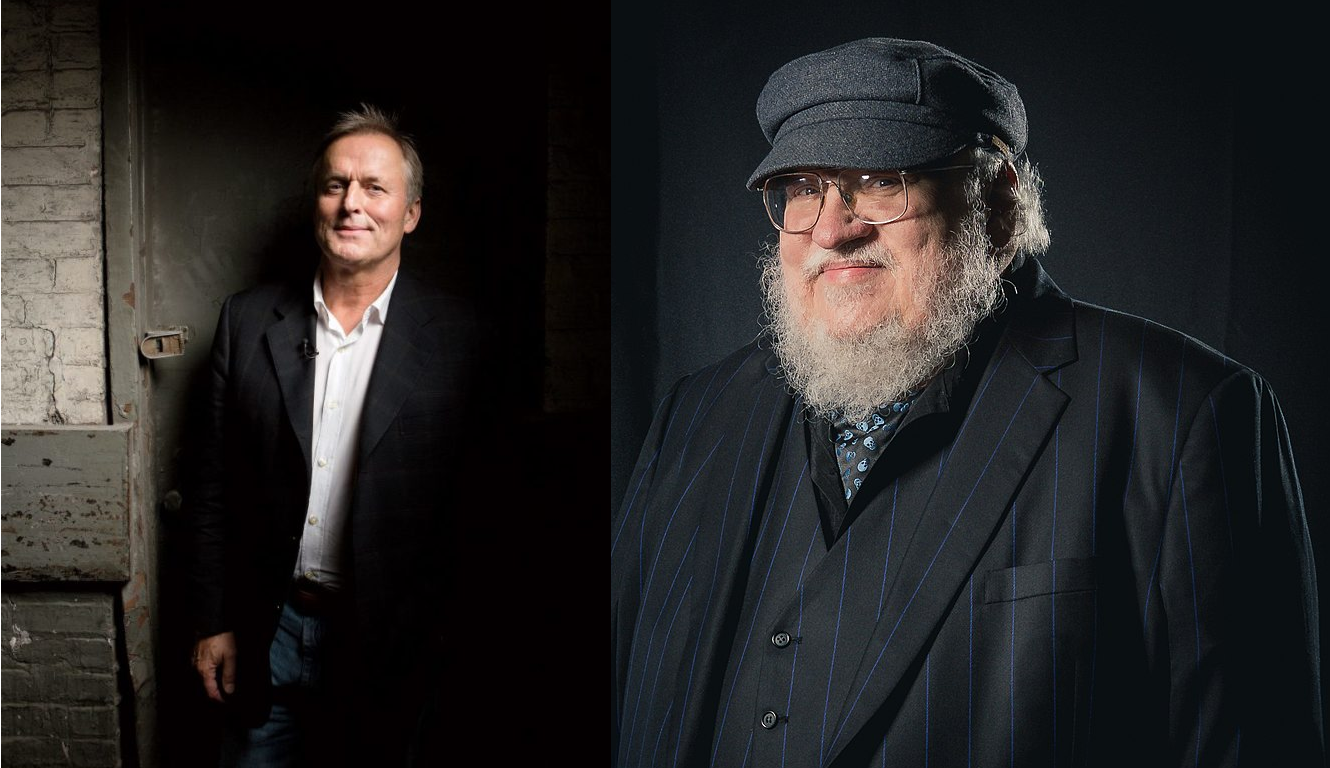They speculate that you’ll be in for a rough time in court.
From a release by The Authors Guild, it seems a number of authors are fighting back against AI in court. Specifically, a group of 17 authors is suing OpenAI, the company behind ChatGPT. They’re suing the company in the Southern District of New York for copyright infringement, under the not-unlikely reaoning that the generative AI has been using material from their collective works without permission.
The autors that make up this group are David Baldacci, Mary Bly, Michael Connelly, Sylvia Day, Jonathan Franzen, John Grisham, Elin Hilderbrand, Christina Baker Kline, Maya Shanbhag Lang, Victor LaValle, George R.R. Martin, Jodi Picoult, Douglas Preston, Roxana Robinson, George Saunders, Scott Turow, and Rachel Vail.
And it’s not like they don’t have any proof of this. Take, for example, George R.R. Martin: in his case, the suit cites an incident in which the progran generated “an infringing, unauthorized, and detailed outline for a prequel” to an A Game of Thrones prequel titled “A Dawn of Direwolves” which just so happened to use “the same characters from Martin’s existing books in the series “A Song of Ice and Fire.”
It is imperative that we stop this theft in its tracks or we will destroy our incredible literary culture, which feeds many other creative industries in the U.S. Great books are generally written by those who spend their careers and, indeed, their lives, learning and perfecting their crafts. To preserve our literature, authors must have the ability to control if and how their works are used by generative AI. The various GPT models and other current generative AI machines can only generate material that is derivative of what came before it. They copy sentence structure, voice, storytelling, and context from books and other ingested texts. The outputs are mere remixes without the addition of any human voice. Regurgitated culture is no replacement for human art.
Authors Guild CEO Mary Rasenberger
OpenAI, however, claimed in a statement that they respect “the rights of writers and authors, and believe they should benefit from AI technology.”
We’re having productive conversations with many creators around the world, including the Authors Guild, and have been working cooperatively to understand and discuss their concerns about AI. We’re optimistic we will continue to find mutually beneficial ways to work together to help people utilize new technology in a rich content ecosystem.
Open AI
They’re not the first to attempt to sue OpenAI for copyright infringement, though. Earlier in the month, a group of authors including the likes of Michael Chabon and David Henry Hwang attempted to sue the company in San Francisco for “clear infringement of intellectual property.”
This class-action suit focuses on fiction writers as a first step, as it is a well-defined and cohesive class of writers, as works of fiction are already being widely mimicked with GPT; we do of course also see harm to nonfiction markets and are addressing that as well. In all events, a positive outcome of this case will resound to the benefit of writers from all genres.
Authors Guild CEO Mary Rasenberger
Even they were beat to the punch, though. In August, OpenAI asked a federal judge to dismiss two suits filed against them, one by comedian Sarah Silverman and the other by author Paul Tremblay. In the court filing, OpenAI states that the claims “misconceive the scope of copyright, failing to take into account the limitations and exceptions (including fair use) that properly leave room for innovations like the large language models now at the forefront of artificial intelligence.”
The use of AI in literary spaces has become so pervasive that Amazon has actually been forced to alter their publishing policies. They now require authors to notify them in advance whether they plan to utilize AI generated materials in their work. They’ve also, in an attempt to stem the tide of AI-generated works, limited authors to three new self-published books on Kindle Direct per day.
Source: AP News

